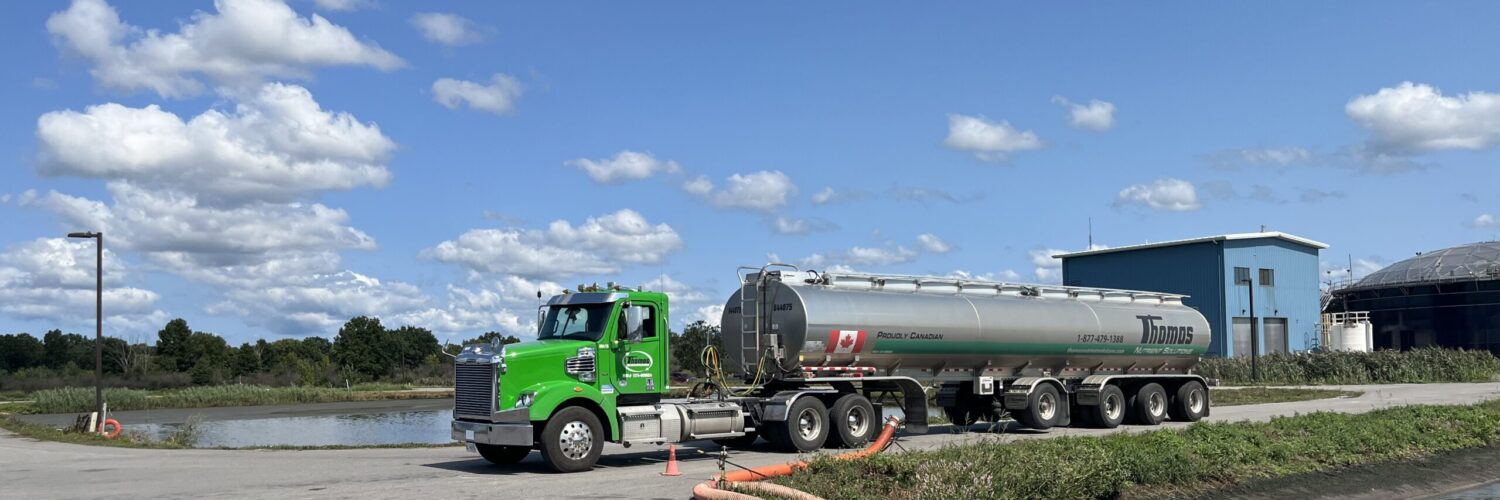The use of treated sewage sludge as fertilizer for agriculture has caused significant controversy due to concerns that chemical and biological contaminants are present in these materials. Four Canadian professors and water experts issued a statement to dispel the danger of biosolids. The response comes from Dr. Paul Sibley from the University of Guelph, Dr. Linda McCarthy from Ryerson University, Dr. Chris Metcalfe from Trent University, Dr. Jorge Loyo from Rice University in Houston, Texas, USA.
The statement was in response to the Scientist’s Open Letter on the Dangers of Biosolids by Dr. Sierra Rayne, John Werring, Dr. Richard Honour, and Dr. Steven R. Vincent expressing alarm on the issue of biosolids management.
Dr. Sibley et. al. opined that the said open letter has unfairly demonized the practice and felt it is necessary to provide a balanced perspective on the issue based on scientific evidence.
They dismiss the claim that biosolids are a toxic stew and emphasize that wastewater undergoes sophisticated treatment before it is considered safe for use in agriculture. Wastewater goes through several processes including: anaerobic digestion, composting, or alkaline stabilization to reduce odours and minimize the presence of pathogens.
Biosolids contain valuable nutrients that assist in the growth of crops and vegetation. This decreases the need for chemical fertilizers. Because the use of biosolids in Canada is highly regulated with appropriate waiting periods between applications, pathogens and organic chemical pose little risk to the health of the community. In Ontario, for example, the maximum application rate is 22 tonnes/hectare every 5 years. The Canadian Council of Ministers of the Environment approves of biosolids as a sustainable and responsible method of managing sewage water. Any type of chemical in excessive amounts can indeed be harmful to humans if exposure is high enough. Thus, when assessing risks from chemical exposure, the levels of concentration must be taken into account.
In their opinion, the use of biosolids is a more sustainable solution compared to land-filling which is expensive to construct and maintain. It would also be a challenge to identify locations for such landfills while allaying the health and environmental concerns of the people who live in those vicinities. Lined landfills are pricey repositories that should be reserved for the most difficult-to-manage wastes.
The scientists believe that the weight-of-evidence on the use of biosolids as a safe source of nutrients does not justify a moratorium on its land application. It would be wasteful to disregard the benefits from responsibly and safely recycling this important resource.
Deciding on the most suitable waste management approach for a community requires transparency and community involvement. Any waste management method needs to include an appropriate risk communication process to reassure the public.
They conclude that society must not overlook the merits and benefits of biosolids in agriculture, forestry, reclamation, and urban beautification without any strong scientific evidence against its use.
If you are a municipality in Ontario and in need of a biosolids management solution, please feel free to contact us at 1 (877) 479-1388.
Sources:

